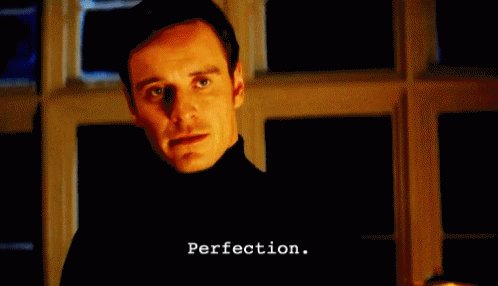Thanks to u/ElGosso for pointing this out in my previous thread: https://hexbear.net/post/149833 .
This provides more background and further explains why I find much of late-stage decline western "art" (especially anglo) so lazy, always favoring misanthropic violence as the natural condition of humanity.
This is not the first time a western zombie story projects the wretched logic of settler regimes and colonialists onto the rest of humanity. In "world war z" you literally get to kill "zombies" storming occupied Jerusalem.
What I mean is that these stories are little more than a reproduction of the typical anglo war criminal logic: "we must commit some of the worst crimes against humanity in perpetuity, otherwise the bad guys would come get us; humanity is evil, we are the good guys holding it together even if we commit atrocities". It's barely more than the war crimes-friendly narrative that "both sides" are bad at best, or that "one side is slightly better so we must support it" at worst (always the side that regurgitates the logic of western war propagandists).
Notice the "othering" of the threats in these stories (again, the logic of settlers and colonialists), which is explained by western regimes' reluctance to allow any justification for western societies to revolt against their real oppressors who look exactly like them, their own regimes.
Mass war propaganda has decimated the very concept of "art" in these societies. "Art" in western regimes has become barely more than the process of whitewashing a regime forced mainstream media narrative with some makeup and fictitious "nuance" (e.g. some "bad guy" accepting that the "good guy" with the settler worldview has a point; just a made-up circlejerk).
Wasn't the "point" of LoU2 that violence just begets more violence in a never-ending spiral of revenge, death, and misery? Or something I dunno I didn't really get around to playing it, not saying it was a particularly good game (seems like LoU1 was better in terms of plot)
Read the linked article (in the title), I think it explains it better than I could, since it also reveal the real life event it's based on.
I think this is a bit of a stretch in TLoUP2's case, especially for a game as fixated on revenge and its consequences as it is.
That said, I do think there's something inherently reactionary about all the wave of Grimderp, super dark, super serious fiction. "Everything is shit and doomed to be shit, and human beings are disgusting, hateful creatures. So who cares about wanting a better world?"
From the article:
The game's co-director and co-writer Neil Druckmann, an Israeli who was born and raised in the West Bank before his family moved to the U.S., told the Washington Post that the game's themes of revenge can be traced back to the 2000 killing of two Israeli soldiers by a mob in Ramallah. Some of the gruesome details of the incident were captured on video, which Druckmann viewed. In his interview, he recounted the anger and desire for vengeance he felt when he saw the video—and how he later reconsidered and regretted those impulses, saying they made him feel “gross and guilty.” But it gave him the kernel of a story.
“I landed on this emotional idea of, can we, over the course of the game, make you feel this intense hate that is universal in the same way that unconditional love is universal?” Druckmann told the Post. “This hate that people feel has the same kind of universality. You hate someone so much that you want them to suffer in the way they’ve made someone you love suffer.”
Druckmann drew parallels between The Last of Us and the Israeli-Palestinian conflict again on the official The Last of Us podcast. When discussing the first time Joel kills another man to protect his daughter and the extraordinary measures people will take to protect the ones they love, Druckmann said he follows "a lot of Israeli politics," and compared the incident to Israel's release of hundreds of Palestinians prisoners in exchange for the captured Israeli soldier Gilad Shalit in 2011. He said that his father thought that the exchange was overall bad for Israel, but that his father would release every prisoner in every prison to free his own son.
...
But is intense hate really a universal feeling? It's certainly not one that I share. I, too, have seen the video of the 2000 mob killing of the Israeli soldiers in Ramallah, and it's horrific. Yet, my immediate response wasn't "Oh, man, if I could just push a button and kill all these people that committed this horrible act, I would make them feel the same pain that they inflicted on these people," as Druckmann said.
This is not a universal feeling as much as it's a learned way of seeing the world. There are many other ways to react to that video: compassion for the victims, compassion for the killers, questioning why these soldiers had to drive into the West Bank in the first place, questioning what would drive a mob to this kind of violence. Revenge and hate is just one option.
Huh. Guess I should have read more. Still, I suppose Both-Sidesism is better than the usual with :israel-cool:
World War z is fucking egregious, it portrays the wholesome innocent "Israelis" murdering en masse the horde of monsters, literally colonial propaganda


